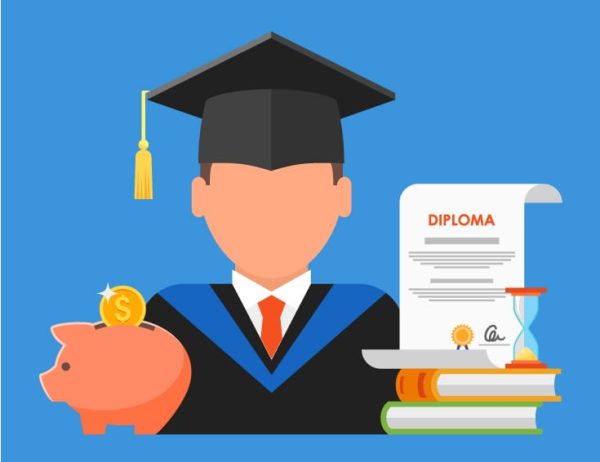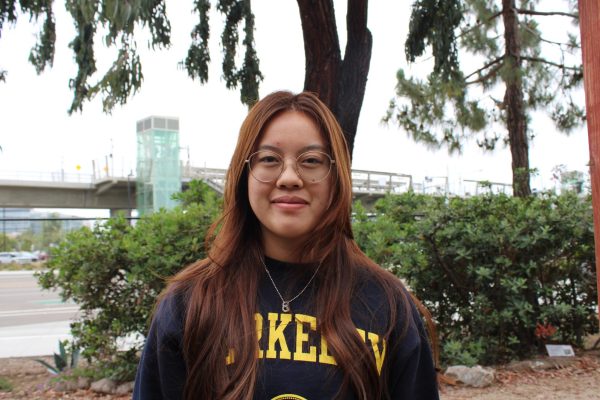Censoring Books Inhibits Students’ Education
Challenging and censoring books is not an uncommon practice in the United States. Book stores, schools, and libraries regularly take books they deem inappropriate off their shelves. Much of the time, the books are censored for political or religious reasons. Regardless of the reason, banning and/or censoring books keeps students from being exposed to new topics and creates a narrow world view.
Banned books week took place from September 26th to October 2nd this year. This week celebrates the thousands of books that are censored all around the country. These books are taken out of book stores, school reading lists, and libraries and can be very hard to access. In honor of banned books week, here are a few reasons for why I believe books should not be censored.
Censoring books negatively affects students. First, many books that are challenged contain stories and experiences that young readers can relate to. At the very least, a censored book can have a fun, awkward character that teenagers can relate to, such as Junior in The Absolutely True Diary of a Part-Time Indian. In more significant cases, a censored book can resonate with people who have gone through traumatic experiences, such as Speak, by Laurie Halse Anderson, which is about Melinda and her journey after being sexually assaulted. Books such as these can not only help readers cope with real life experiences, they can be life changing.
In addition, the American Library Association (ALA) Office for Intellectual Freedom found that, “out of the 2015 Top Ten Most Frequently Challenged Books, nine of them contained diverse content.” They define diverse content as content that includes underrepresented groups including the LGBTQ+ community, people of color, people with disabilities, and religious and cultural minorities, among other groups. Students, and people in general have the opportunity to see themselves reflected in the books they read with characters that are gay, transgender, racially diverse, etc. Censoring books prevents this from happening.
Yet another way in which censoring books negatively affects students is that when institutions such as libraries and schools censor books and limit students’ access to them, especially due to religious or cultural norms, those institutions are imposing their beliefs on the students, who may not share those same beliefs. This is unethical and unfair to the students.
In spite of these reasons, books continue to be challenged and challenged, time and time again. And why is this, exactly? Specific reasons for why books are challenged vary, but some of the most common are because they contain offensive language, sexually explicit scenes, violence, or the presence of drugs or alcohol. However, most students are exposed to a lot of these topics anyway, whether that be in social media, movies, or in everyday life.
These frequently challenged books open students to new experiences and new topics that they will ultimately benefit from. I believe they are also often the books that will cement a love for reading in young people. This is why, once again, I do not believe that any institution should censor books.





